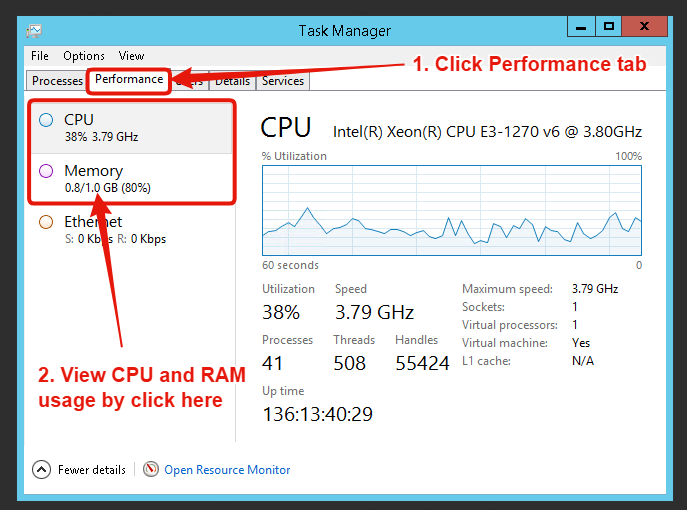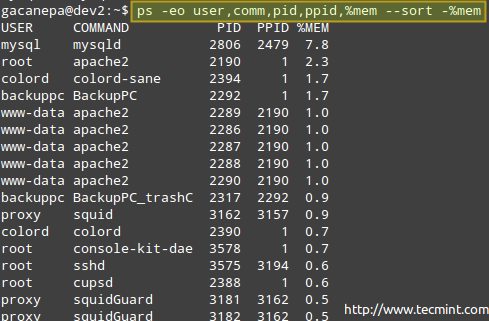

over the last N seconds), but rather the average over the processes' entire lifetime as mentioned at: ps memory measures should be fine however.

Note that the CPU usage given by ps above is not "instantaneous" (i.e.

This can be useful to help correlate at which point memory usage bursts with stdout. myprog: don't hide program stdout/stderr. If your program finishes, the loop stops and we exit topp.Īlternatively, if you git Ctrl + C, the program also stops due to the trap: How do I kill background processes / jobs when my shell script exits? Where vsz is the total memory usage in KiB, e.g. This form is useful if you want to benchmark an executable easily: topp() (


 0 kommentar(er)
0 kommentar(er)
